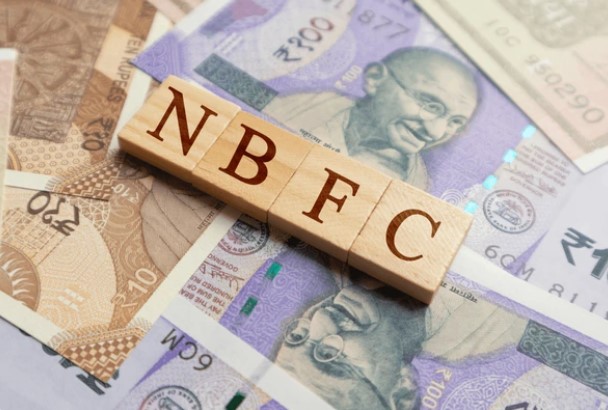In the first part of this series, we had talked about “unfair” practices followed by some HFCs/Banks/NBFCs who charge borrowers interest from the date the loan cheque is prepared or “CUT” and not from the date the cheque is handed over. The next part of this series focuses on the practice of cutting cheques at the end of the month and disbursing the next month.
We all know that the journey to owning your dream home is both exciting and daunting. Amidst the whole process, a sea of paperwork and anticipation, there is one aspect which deserves a closer look – the timing of the loan disbursal. Let’s talk about why the practice of cutting cheques at the end of the month and disbursing next month might not be the “best” practice.
Ever heard the saying, “time is money”? Well, when it comes to home loan, it’s not just a saying – it’s a financial reality. Interest on home loans is often calculated daily or monthly. So, if the loan disbursement is delayed until the next month, borrower might end up paying more in interest than he/she bargained for.
To give a background to the matter, the Sales Team are given targets based on which they receive their incentives. In order to meet the targets, achieve volumes, show high growth, and earn incentives, the Salesperson pushes for disbursements at the end of the month. At every month end, cheques are cut for disbursement. Now, normally the borrower has to visit the branch to collect the cheque. There are two reasons why disbursement can be delayed; the borrower did not furnish certain documents (PDDs) in time due to which cheque cannot be handed over. Also, it is possible due to some reasons that the borrower is not available, therefore he/she might not come on due date to collect the cheque. It is important to remember the moment cheque is cut, it is counted as disbursement. Whereas the interest should be charged from date of handover of cheque.
The right practice – charge interest from the date of handover of the cheque to the borrower and not from the date cheque is cut by the lender.
Wonder if the Regulator Reserve Bank of India (RBI) has a view on this!!
And let us not forget… Everyone doing it does not make it right – No one doing it does not make it wrong.


